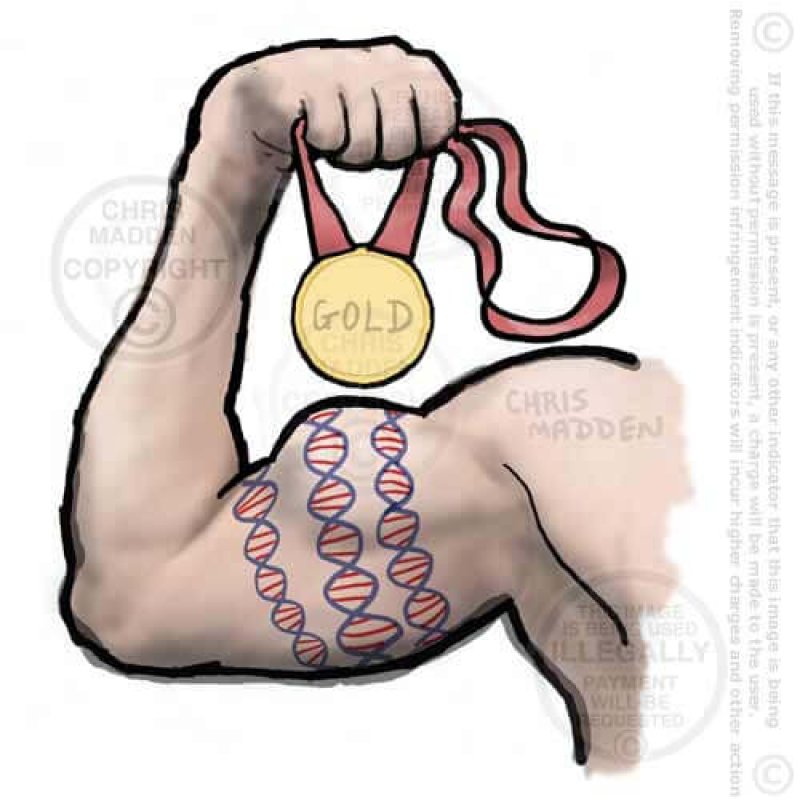Athletics is under a cloud of suspicion. Analysis of a leaked report from the International Association of Athletics Federations suggests that results from blood tests of more than 800 out of 5000 athletes could be consistent with doping, or at least require further investigation. Up to 146 Olympic or World Championship medals won in endurance events between 2001 and 2012 could be contested on the basis of the data.
In 2009, the IAAF introduced the biological passport, a regularly updated record of blood measurements for each athlete. As well as looking for traces of drugs or their metabolites, the idea is that cheats can be caught by identifying unexplained changes to their baseline physiology, such as a sudden increase in red blood cells indicative of a blood transfusion. The leaked report includes results from tests carried out between 2001 and 2012.
Tom Bassindale, who researches new drug testing methods at Sheffield Hallam University, UK, thinks that the biological passport has been a good tool to help cut down on doping, even if it hasn’t eliminated it. “There will always be people who will try to get away with doping,” he says, especially outside a competition.
He is developing a blood test that can detect changes in the expression of genes that are triggered by blood doping, such as transfusions, or performance-enhancing drugs. The test, he says, should be able to detect even the smallest drug doses, which would help tackle micro-dosing.
The GLP aggregated and excerpted this blog/article to reflect the diversity of news, opinion and analysis. Read full, original post: Gene tests and hair analysis could catch doping athletes































